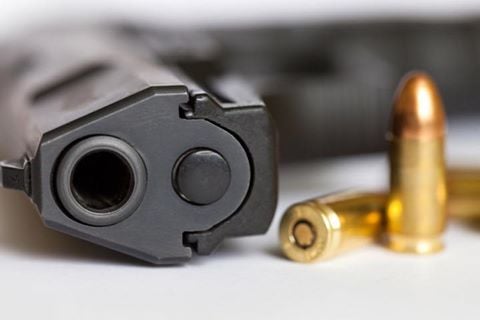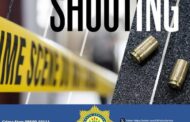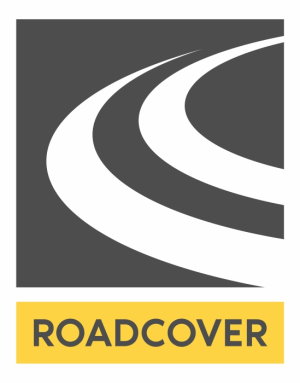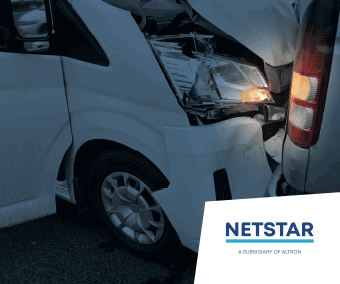In an effort to turn the tide, save innocent life and cease the proliferation of illegal firearms in the country, the Minister of Police has declared a firearm amnesty period of six (6) months commencing on 1 December 2019 and ending on 31 May 2020, through the publication of a notice in the Government Gazette.
The six (6) month Firearm Amnesty period will afford South Africans an opportunity to surrender illegal/unwanted firearms, ammunition and/or firearm parts to help clear illegal guns from the streets.
What are the objectives behind the firearm amnesty?
• To reduce the number of illegally possessed firearms in circulation in South Africa
• To provide firearm owners with the opportunity to hand in unwanted firearms
• To prevent crime and violence and to promote safety
• To address the fundamental causes of crime in order to effectively protect our communities
• To ensure people living in South Africa feel safe and have no fear of crime
FIREARM AMNESTY GUIDELINES
The amnesty period creates an opportunity for members of the public to surrender unwanted firearms or firearms they possess illegally, as well as ammunition and/or firearm parts to the South African Police Service without fear of being prosecuted for the unlawful possession of this equipment.
The objectives of the amnesty period, are to reduce the large pool of illegal/unwanted firearms, ammunition and/or firearm parts that are in circulation in the country.
A person who surrenders his/her firearm during the period of amnesty, will be required to complete and sign the necessary forms at the nearest police station, and must insist on a copy of the SAPS 548 (Amnesty form).
In terms of section 139(4)(a) of the Firearm Control Act, 2000 (Act No. 60 of 2000), a person who surrenders a firearm in compliance with a notice published in terms of subsection (1) may apply in terms of this Act for a license in respect of that firearm.
An application contemplated in section 139(4)(a) shall not apply to illegal firearms where documentary proof of previous ownership cannot be produced.
A person who applies for a firearm license as indicated above, must comply with the provisions of the Act applicable to the licensing of a firearm, which includes the following:
• The limitation on the number of firearms for different categories a person may legally possess
• The applicant must be in possession of a valid competency certificate for the firearm for which a license is applied for
• A person who applies for a firearm license, is required to physically hand in the firearm to the Designated Amnesty Official, and lodge an application within 14 days.
Only the person who physically surrenders the firearm to the Designated Amnesty Official personally may apply for a license in respect of such. The application for the firearm license must be submitted to the relevant Designated Amnesty Official responsible for the area in which the applicant resides, and must comply with the following:
• A certified copy of the applicant’s competency certificate (if already issued).
• In cases where the applicant does not possess a competency certificate, he/she must apply for a competency certificate in accordance with the provisions of the Firearms Control Act.
• Complete form 271 on which the applicant has indicated his/her intention to apply for the specific firearm license. The application for a firearm license will only be accepted by the Designated Amnesty Official on condition that it is in compliance with the provisions of the Firearms Control Act.
• Provide a comprehensive motivation to support the need for the firearm license, preferably in the form of a statement under oath or affirmation.
• Provide a certified copy of the legal firearm license, permit or authorisation applicable to the specific firearm (if applicable).
Frequently asked questions about the Firearms Amnesty: Follow this link for detailed answers to FAQs: http://www.saps.gov.za/…/fla…/downloads/amnesty_faq_2019.pdf
FOR MORE INFORMATION, PLEASE CONTACT YOUR LOCAL POLICE STATION
OR THE CENTRAL FIREARMS REGISTER (CFR) CALL CENTRE AT 012 353 6111.
REPORT CORRUPTION AT 0800 701 701


























